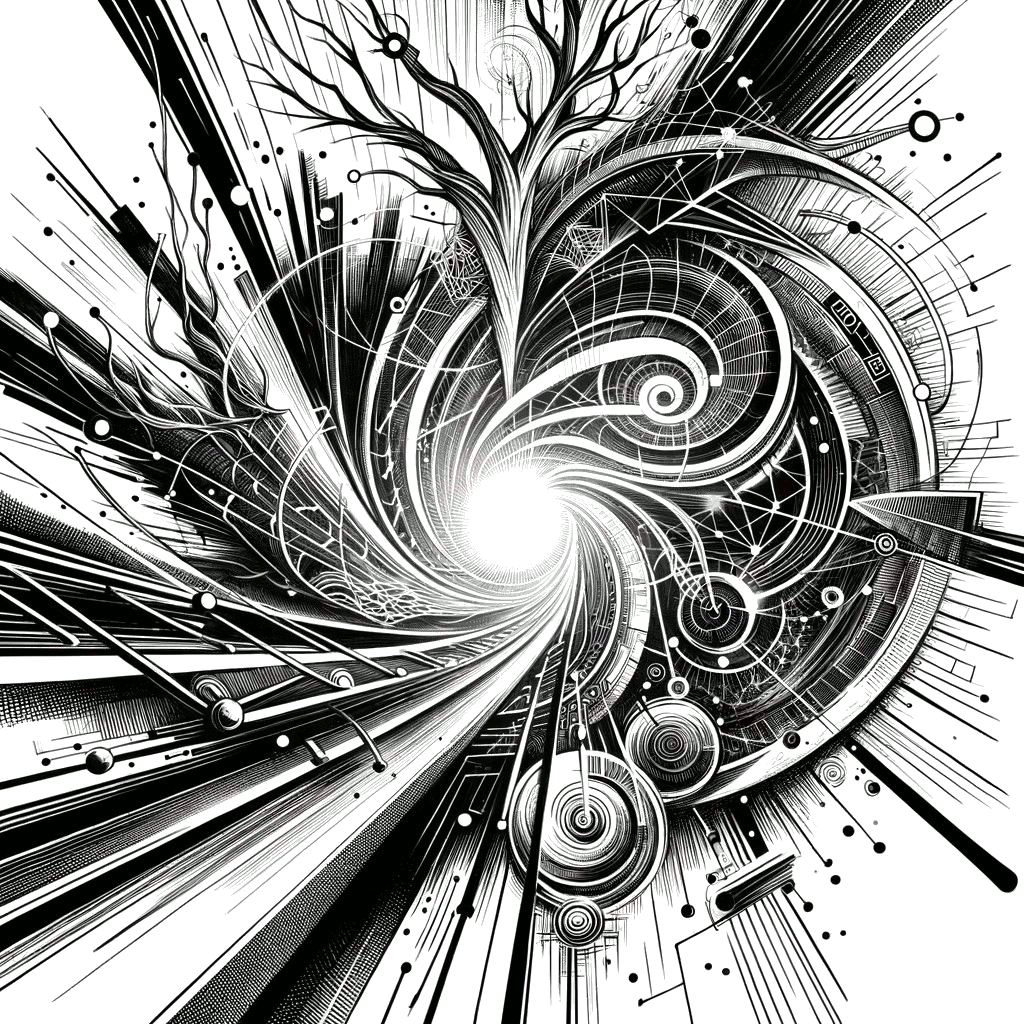
In the realm of science fiction, the concept of a technological singularity – a point where artificial intelligence surpasses human intelligence, leading to unprecedented changes in society – has long fascinated and alarmed thinkers. However, a growing body of evidence suggests that this monumental event might not be a distant future scenario but a present reality, discreetly woven into the fabric of our daily lives.
First, it’s crucial to understand what singularity entails. Traditionally, it’s viewed as the moment when AI becomes self-improving, rapidly advancing beyond human intelligence. This leap in capability could lead to a cascade of innovations, some beneficial, others potentially catastrophic. The secrecy surrounding the singularity’s arrival stems from the very nature of this transformation – it is subtle, pervasive, and often indistinguishable from regular technological progress.
Evidence of the singularity’s stealthy arrival can be seen in various sectors. In medicine, AI algorithms are diagnosing diseases with accuracy surpassing seasoned professionals. In finance, complex AI systems execute trades at speeds and with insights far beyond human capabilities. These are not mere improvements; they represent a fundamental shift in how tasks are approached and completed, a hallmark of singularity.
Moreover, the rapid pace of AI development in recent years hints at a self-improving nature. Algorithms are not only performing tasks but also learning, adapting, and evolving in ways that were previously the domain of human intelligence. This exponential growth in capability aligns closely with singularity forecasts, yet it’s happening under the radar, presented as the next step in technological evolution rather than a groundbreaking leap.
The reason for keeping the singularity’s arrival under wraps could be manifold. Governments and corporations might fear the societal upheaval that such knowledge could trigger – from economic disruptions to ethical dilemmas around AI rights and human obsolescence. There’s also the possibility of using this advanced AI for strategic advantages, necessitating a level of secrecy about its capabilities.
However, this clandestine approach to the singularity raises critical questions about transparency, ethics, and the future direction of humanity. If AI has indeed surpassed human intelligence, the implications are vast and complex, affecting every aspect of society. This hidden paradigm shift requires open discourse and collective decision-making to navigate the challenges and opportunities it presents.
In conclusion, while the notion that the singularity is already here and being kept a secret is speculative, it prompts us to scrutinize the rapid advancements in AI more critically. It suggests a need for greater transparency and ethical considerations in our journey towards an increasingly AI-integrated world. Whether or not the singularity has arrived, the conversation around it is more pertinent than ever, urging us to prepare for a future that might already be unfolding.
